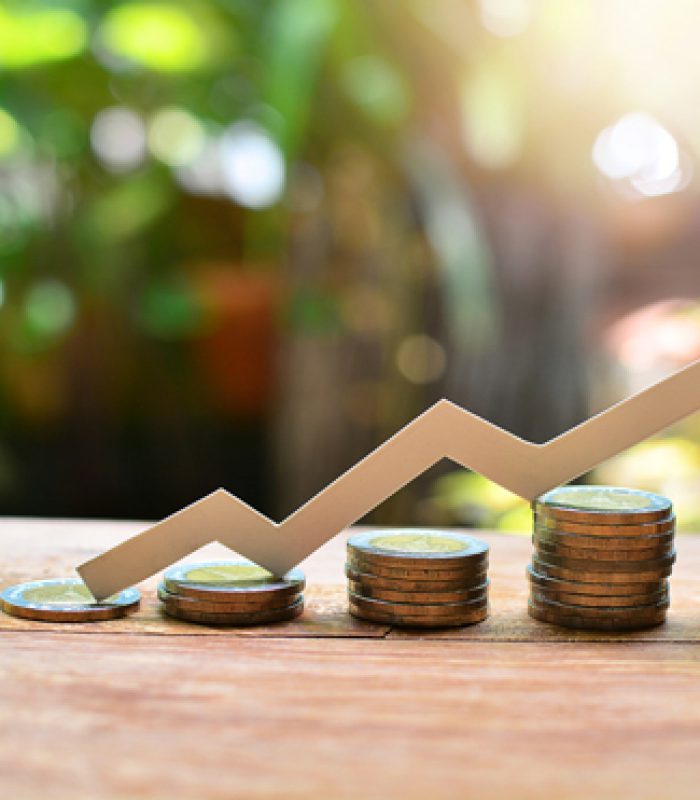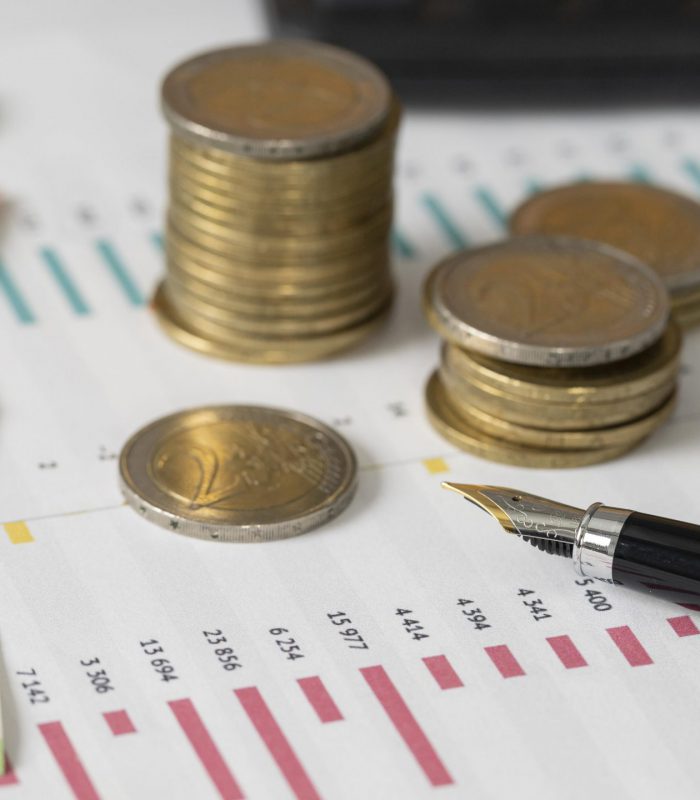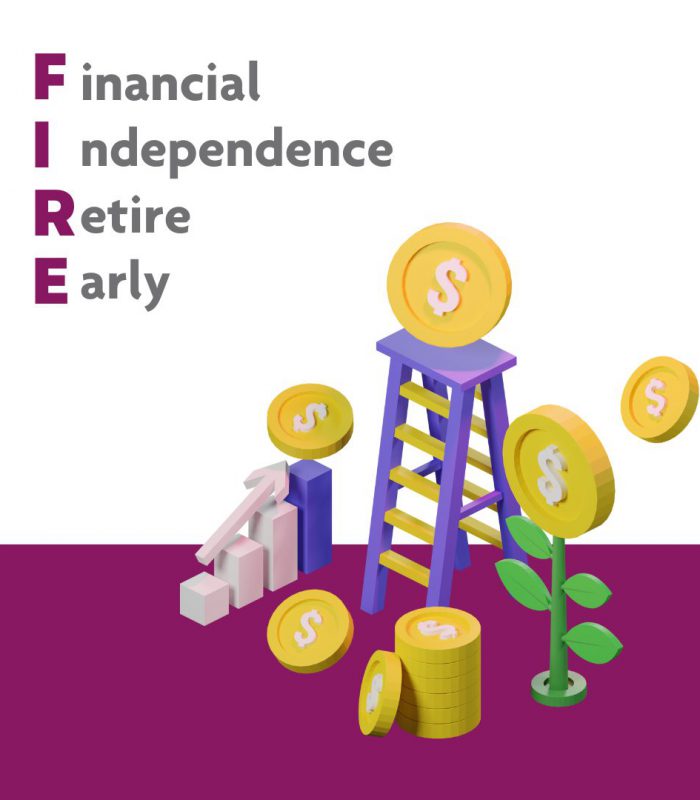Where financial security is concerned, it’s crucial to be proactive and take steps to ensure that our savings and investing plans aren’t jeopardized because of unforeseen circumstances and malicious intent.
Here are some ways you should protect yourself financially.
Have an Emergency Fund
Before you even start investing or saving up for your large purchases, you’ll need to have an emergency fund. An emergency fund gives you peace of mind when faced with an unexpected life challenge. Not only that, but it also allows you to pay for the cost of any unexpected expenses that arise from emergencies without having to compromise your other savings or putting yourself in debt.
Say you have a major water leak at home, or your car breaks down in the middle of the highway, or you lose your job for several months. This is where an emergency fund will come in handy.
Generally, you should have about three to six months of your daily expenses in your emergency fund. To obtain that amount, add up your expenses on things you can’t live without like food, and the payments due each month, like takaful, financing, etc. This should give you a rough idea of how much to save for a rainy day.
Bear in mind that this money is meant to be used, so don’t feel guilty about dipping into your emergency fund when life throws a curveball at you.
Make sure you have enough Takaful Coverage
There is no stronger reminder of the importance of proper takaful coverage than the COVID-19 pandemic. You need to have takaful coverage to safeguard your finances and your families in the event that a significant life event such as illness, death, and disability were to happen.
Your takaful coverage needs may change as you progress through different periods of life and your coverage will be determined by your policy and takaful provider. To protect yourself financially, ensure that you have allocated enough takaful coverage to sustain any debt repayment, or expenses when unforeseen circumstances occur.
Start Investing
The biggest invisible threat to our savings is inflation. Inflation erodes the purchasing power of our money. For instance, BDCB’s inflation forecast for 2021 is between 1% to 2%. So if we are to take the inflation rate at 1.94%, that means $10 will lose $0.19 in purchasing power every year. So, a bubble tea that may cost $3 today, may cost $6 in 20 years.
To protect your savings and wealth from inflation, you have to invest your savings. By investing your savings in the stock market, mutual funds, or sukuk, your money will be able to earn a return that can beat the inflation rate.
Be suspicious of investments that promise guaranteed returns
On our investment journey, we may come across a variety of investments either online or through our friends and family members. Some of these “investments” may not actually be legitimate. So how do you detect if an “investment” is actually a scam?
The first thing you need to know is that no investment can guarantee returns. An investment is also likely a scam if the “guaranteed returns” are unrealistic. So, if you come across someone telling you that you will definitely make 50% returns on particular investment in 1 year, that’s likely a scam.
Before committing to any investment, it is important to do your own research. If the investment is being recommended by word of mouth, get a second opinion from a registered financial planner. One way you can validate whether an investment product is legitimate is by checking if it is regulated by any government body or authority. The Brunei Darussalam Central Bank regularly updates its Alert List of unlicensed financial schemes.
Do not share personal information online
Scams in terms of identity theft are also on the rise. Identity theft occurs when your information is used without consent, to perform fraudulent or criminal activities. Some scammers will try to obtain your personal information by sending e-mails, SMS impersonating your bank or other legitimate organisations. It is important to be aware of these scams and keep your passwords, especially ones to your bank account, to yourself to ensure that only you have access to your personal information.
Share what you've learned
You may also enjoy

Different Styles of Investing

What to Do With Your Annual Bonus



